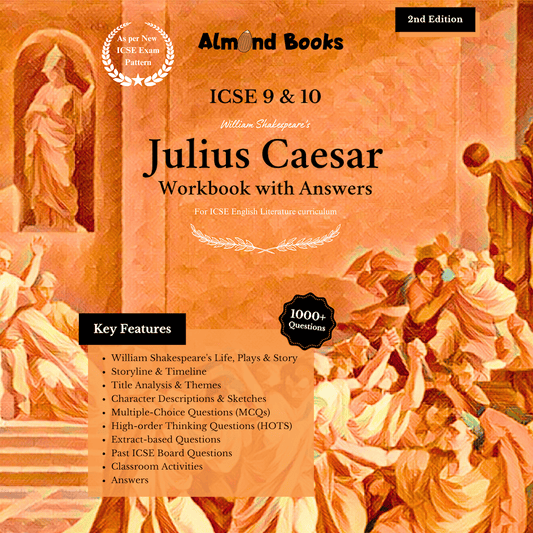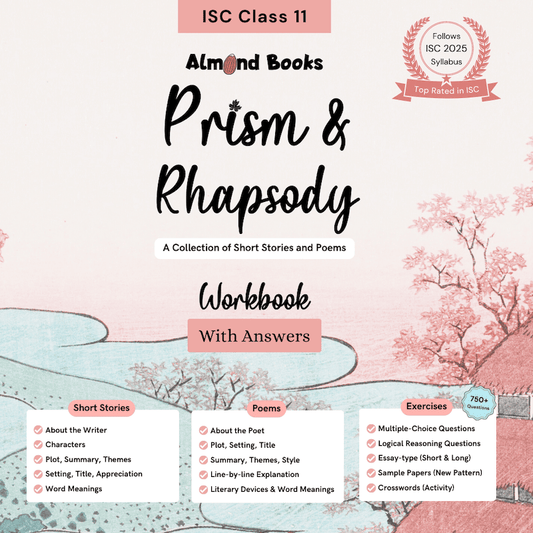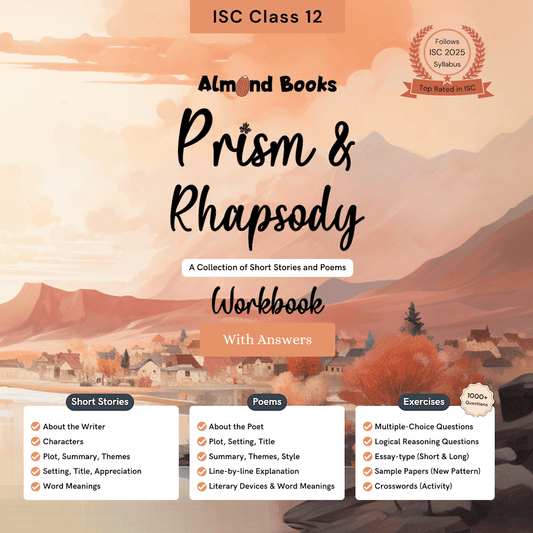ICSE Class 10 Board Exams: 5 Time Management Strategies
by Sarthak Shah on Nov 15, 2022
You must be able to manage your time effectively in order to succeed in the ICSE exams. Exam success depends on effective time management. The majority of ICSE students fail to manage their time effectively. It is common for students to waste a lot of time at the beginning, spend a lot of time studying under pressure at the end, leaving little or no time for revisions, causing them stress, panic and failure.
These five strategies are not taught at schools, but they can be easily followed by you if you are willing to learn them.
-
Odysseus Method (Eliminate distractions): There is a classic example of controlling distractions in Greek mythology called Odysseus, a character who is better known by his Latin name Ulysses. This method is named after him.
In addition to increasing stress levels, distractions cause unwarranted fatigue, disrupt academics, and, above all, lead to students losing control of their study environment and lives. A student's time is valuable, and distractions can lead to unhappiness, reduced motivation, and higher turnover. It is essential that students learn how to keep distractions at bay when preparing for their ICSE exams.
-
Pareto principle (20-80 rule, identify the important 20% for 80% of the output): The 80/20 rule in studying is what sets smart students apart from regular students. The students who apply the 80/20 rule will be able to study faster, have a better understanding of their curriculum and do all of this in less time. The Pareto Principle states that 80% of effort leads to 20% of results. As a result, 20% of study leads to 20% of our knowledge and insights. Also, 20% of revision efforts lead to 80% of your knowledge.
-
Pomodoro (spaced repetition): Pomodoro is a time management technique based on 25-minute stretches of focused study followed by five-minute breaks. In order to manage time for ICSE revisions, students need long breaks, typically 15 to 30 minutes after four consecutive study periods. The intervals are called Pomodoro, the Italian word for tomato (plural: pomodori).
-
Parkinson's Principle (set deadlines and don't breach them): As a result of Parkinson's law, if someone has a week to finish a task that should really take them only a day, they will often unnecessarily delay it until it takes them all week to complete it. Parkinson's law is the adage that work will expand to fill their time with trivial matters. By setting deadlines and not breaching them, students will perform way better in ICSE exams and have spare time for revisions.
- Active recall (make note on your own after understanding the topic): In active recall, you create questions based on a topic you wish to learn, and then repeatedly test yourself on those questions to force your brain to retrieve the information instead of passively reading it. A 10/10 recommendation and the most suitable for today's students. This is because they will be able to actively participate in learning rather than sitting and reading. This will keep them focused and in flow for long hours and will help them exercise their minds, which will help them retain better.
Besides these amazing techniques, we recommend Almond books and guides to help you manage time for ICSE Board exam revisions.
These guides will not only help you revise, learn, imbibe, and retain the syllabus for the ICSE exams, but will also provide a comprehensive overview of the fundamental concepts now crucial in ICSE exams.















Amazing tips